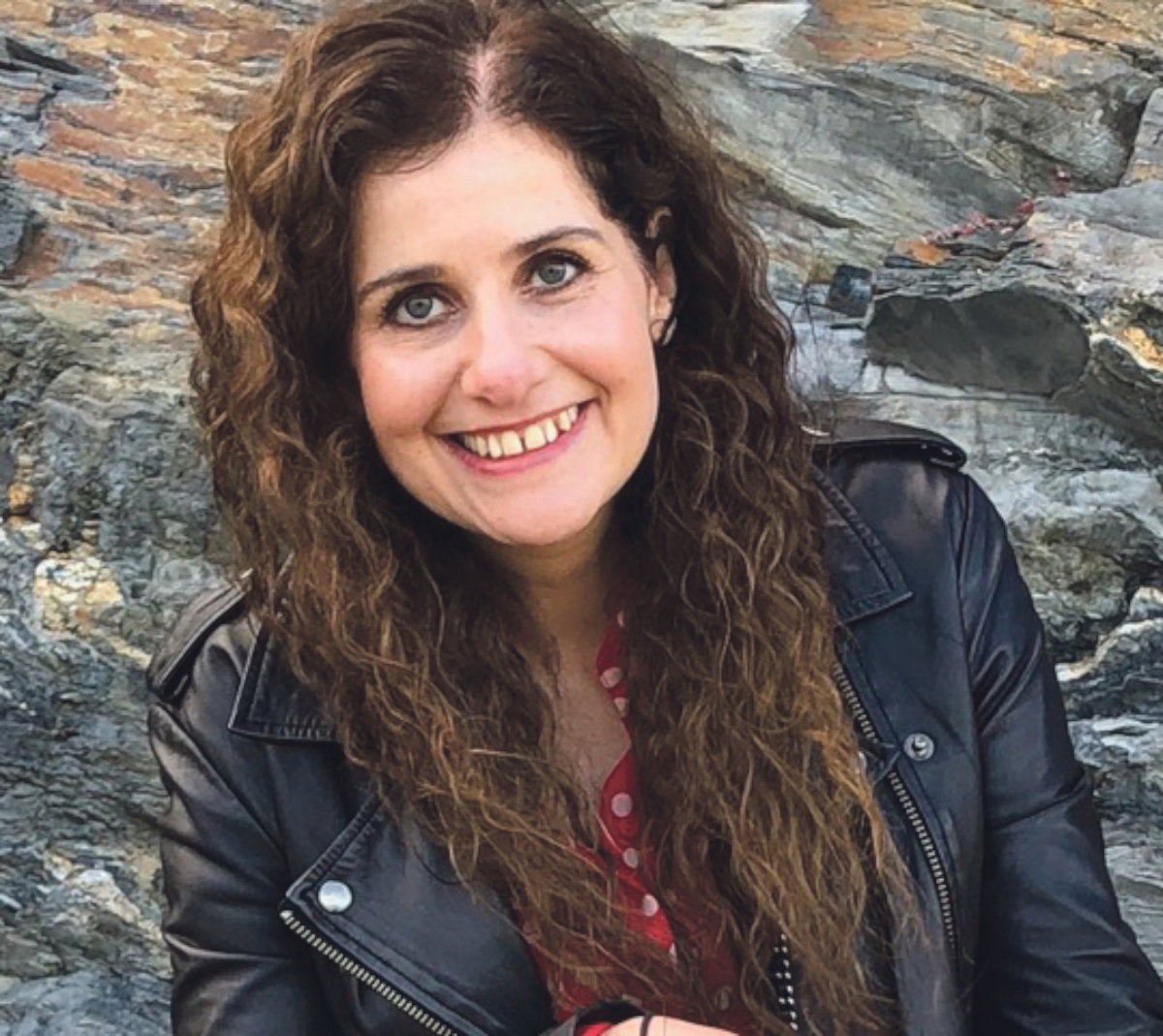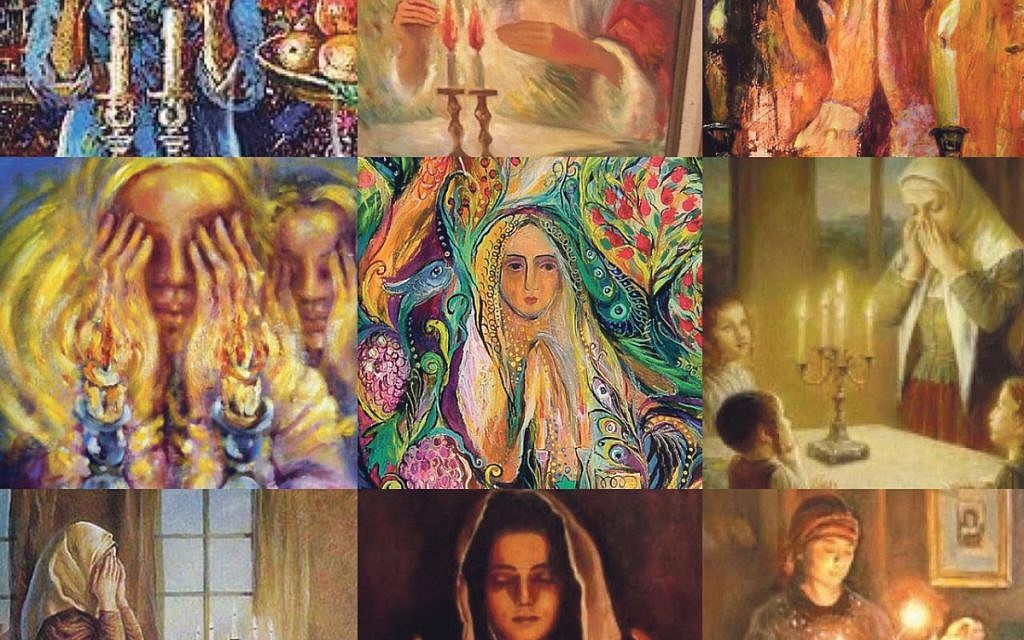No more chags.
For some, we are entering the holiest time of year. For Hilary Freeman, that’s all in the past
This Rosh Hashanah, like every other, will be an ordinary day for me. I won’t be going to synagogue and I won’t be taking the day off work. I’m what you would call an entirely secular Jew – not a ‘three-times-a-year’ Jew but a ‘no-times-a-year’ Jew.
So it might come as a surprise to hear that, as a child, I was totally immersed in Judaism. It was my life. Brought up by observant parents in a kosher home, I went to a Jewish primary school (based at my local United Synagogue in Wembley) and spent my Shabbat mornings at the children’s service and the afternoons at Bnei Akiva, with my exclusively Jewish friends.
By 13, I had become far more frum than my parents, to the extent that I would not turn on lights or even tear toilet paper on Shabbat. For me, it was all or nothing: if Judaism meant something, if it was my ‘true path’, I had to do it properly.
Get The Jewish News Daily Edition by email and never miss our top stories Free Sign Up
No compromises. In my recently rediscovered teenage diary, I wrote, aged 15, of my indignation that anybody could marry out. I was very self-righteous and, I’m ashamed to say, I looked down on ‘three times a year’ Jews.
And then something changed. It wasn’t a sudden epiphany, but a gradual dawning, which began in my late teens, that this way of life wasn’t right for me. I had been brought up by intellectual parents to question everything, and I realised that, for me, the answers no longer lay in Judaism. I started to observe that I was practising it out of habit, not faith or even desire.
Going to university to study philosophy – where I wrote essays debating God’s existence – was the final nail in the coffin.
One Friday night, in my first year, I lit my Shabbat candles and then went out to the union bar to get drunk and dance. The next morning, I battled with the cognitive dissonance of doing such conflicting things. That was the last time I blessed the Sabbath. I stopped going to synagogue or fasting on Yom Kippur. I had become ‘secular’.
Since then – it’s now 30 years later – I haven’t looked back, even though I know it makes my parents unhappy. And to what would be the consternation of my 15-year-old self, I married out (we’re now divorced). My current partner, Mickael, is not Jewish either.
We’re bringing up our four-year-old daughter, Sidonie, without any religion, but with an awareness of her Jewish identity. We sometimes visit my parents for Shabbat or Yom Tov dinners, and when Sidonie stays with them they take her to shul.

But some habits are hard to break. For example, I won’t let Sidonie eat pork or seafood (it’s never been an issue for me because I’m a vegetarian).
I’m only too aware that this is not a rational choice, it’s more the result of being conditioned. They just seem as wrong, as alien, to me as eating dog or cat. Similarly, I feel guilty when I eat lunch on Yom Kippur and half expect something bad to happen, even though I know the fear of being struck by a lighting bolt – real or metaphorical – is superstitious nonsense.
Being Jewish is still a huge part of my identity. In some ways, I’m more consciously Jewish since I stopped being religious because I’m not surrounded by Jews. I am a Zionist and do what I can to educate and campaign against antisemitism. But the religious observance side is not for me. I don’t believe in God and am not someone who likes to live by a set of rules. It’s probably why I’ve been self-employed for more than 20 years.
If you want an analogy, my relationship with Judaism is like my relationship with my family. While it’s a huge part of me, and I love it, sometimes it really annoys me, and I don’t want to be held in its embrace all the time.

Thank you for helping to make Jewish News the leading source of news and opinion for the UK Jewish community. Today we're asking for your invaluable help to continue putting our community first in everything we do.
For as little as £5 a month you can help sustain the vital work we do in celebrating and standing up for Jewish life in Britain.
Jewish News holds our community together and keeps us connected. Like a synagogue, it’s where people turn to feel part of something bigger. It also proudly shows the rest of Britain the vibrancy and rich culture of modern Jewish life.
You can make a quick and easy one-off or monthly contribution of £5, £10, £20 or any other sum you’re comfortable with.
100% of your donation will help us continue celebrating our community, in all its dynamic diversity...
Engaging
Being a community platform means so much more than producing a newspaper and website. One of our proudest roles is media partnering with our invaluable charities to amplify the outstanding work they do to help us all.
Celebrating
There’s no shortage of oys in the world but Jewish News takes every opportunity to celebrate the joys too, through projects like Night of Heroes, 40 Under 40 and other compelling countdowns that make the community kvell with pride.
Pioneering
In the first collaboration between media outlets from different faiths, Jewish News worked with British Muslim TV and Church Times to produce a list of young activists leading the way on interfaith understanding.
Campaigning
Royal Mail issued a stamp honouring Holocaust hero Sir Nicholas Winton after a Jewish News campaign attracted more than 100,000 backers. Jewish Newsalso produces special editions of the paper highlighting pressing issues including mental health and Holocaust remembrance.
Easy access
In an age when news is readily accessible, Jewish News provides high-quality content free online and offline, removing any financial barriers to connecting people.
Voice of our community to wider society
The Jewish News team regularly appears on TV, radio and on the pages of the national press to comment on stories about the Jewish community. Easy access to the paper on the streets of London also means Jewish News provides an invaluable window into the community for the country at large.
We hope you agree all this is worth preserving.
-
By Laurent Vaughan - Senior Associate (Bishop & Sewell Solicitors)
-
By Laurent Vaughan - Senior Associate (Bishop & Sewell Solicitors)
-
By Laurent Vaughan - Senior Associate (Bishop & Sewell Solicitors)
-
By Laurent Vaughan - Senior Associate (Bishop & Sewell Solicitors)






















